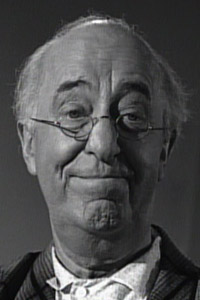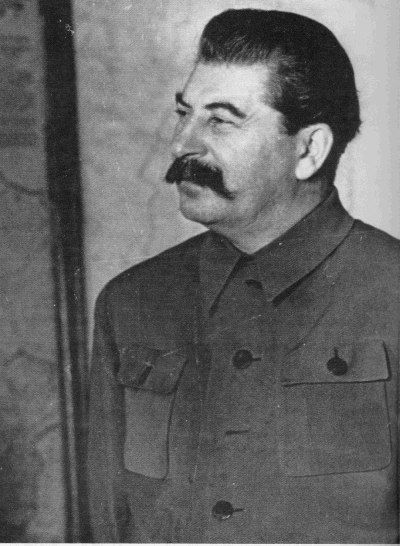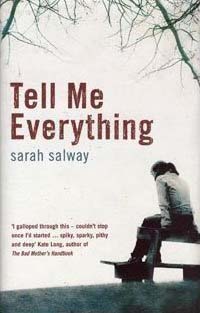In-flo-res-cence - from the Latin inflorescere - to begin to blossom. 1. the producing of blossoms; flowering; 2. the arrangement of flowers on a stem or axis; 3. a flower cluster on a common axis; 4. flowers collectively; 5. a solitary flower, regarded as a reduced cluster.

The magnificent Marianne Moore was born in 1887 in Missouri, living many of her early years in New York City, during which she wrote poems, and edited Dial. She lived for many years caring for her mother, a point that she and fellow New York artist Joseph Cornell corresponded about, as they had it in common. For the remaining years of her life, until 1972, she lived in Pennsylvania. Moore's Collected Poems (1951) won the Pulitzer, National Book Award, and Bollingen Prize. She was an afficianado of boxing and baseball and, in 1955, served as a consultant to the Ford Corporation in naming a new car. Her submissions, including Intelligent Whale, Andante con Moto, Mongoose Civique, and my personal favorite - Utopian Turtletop - were all rejected in favor of Edsel. Not that any of her names would have helped that ill-fated vehicle, but I would say her true skill lay elsewhere - it is a good thing she had a day job.
Her writing often incorporated quotes from other sources into the text, her use of language was condensed and idiosyncratic - offering a variety of associations within a single image. In his 1925 essay, William Carlos Williams wrote of her capturing the vastness of the particular: "So that in looking at some apparently small object, one feels the swirl of great events." She loved to write, among other things, about animals, publishing a verse translation of
Fables de la Fontaine. To choose only a few of her poems is difficult, so feel free to choose your own by getting her
Complete Poems which has footnotes of her sources, if that sort of thing interests you. Although the first three lines of
Poetry are usually all that is printed as the "definitive" version:
I, too,dislike it./Reading it, however, with a perfect contempt for it, one dis-/covers in/it, after all, a place for the genuine.
I learned from Paul Muldoon's passionate, breathless lectures
The End of the Poem, that a longer version is published. It's lines are so long that I can't fit it here, but I recommend it. Here are some others.
The Fish
wade
through black jade.
Of the crow-blue mussel-shells, one keeps
adjusting the ash-heaps;
opening and shutting itself like
an
injured fan.
The barnacles which encrust the side
of the wave, cannot hide
there for the submerged shafts of the
sun,
split like spun
glass, move themselves with spotlight swiftness
into the crevices -
in and out, illuminating
the
turquoise sea
of bodies. The water drives a wedge
of iron through the iron edge
of the cliff; whereupon the stars,
pink
rice-grains, ink -
bespattered jelly-fish, crabs like green
lilies, and submarine
toadstools, slide each on the other.
All
external
marks of abuse are present on this
defiant edifice -
all the physical features of
ac-
cident - lack
of cornice, dynamite grooves, burns, and
hatchet strokes, these things stand
out on it; the chasm-side is
dead.
Repeated
evidence has proved that it can live
on what can not revive
its youth. The sea grows old in it.
 Elephants
Elephants
Uplifted, and waved till immobilized
wistaria-like, the opposing opposed
mouse-gray twined proboscises' trunk formed by two
trunks, rights itself to a spiraled inter-nosed
deadlock of dyke-enforced massiveness. It's a
knock-down drag-out fight that asks no quarter? Just
a pastime, as when the trunk rains on itself
the pool it siphoned up; or when - since each must
provide his forty-pound bough dinner - he broke
the leafy branches. These templars of the Tooth,
these matched intensities, take master care of
master tools. One, sleeping with the calm of youth,
at full length in the half-dry sun-flecked stream-bed,
rests his hunting-horn-curled trunk on shallowed stone.
The sloping hollow of the sleeper's body
cradles the gently breathing eminence's prone
mahout, asleep like a lifeless six-foot
frog, so feather ligh the elephant's stiff
ear's unconscious of the crossed feet's weight. And the
defenseless human thing sleeps as sound as if
incised with hard wrinkles, embossed with wide ears,
invincible tusked, made safe by magic hairs!
As if, as if, it is all ifs; we are at
much unease. But magic's masterpiece is theirs -
Houdini's serenity quelling his fears.
Elephant-ear-witnesses-to-be of hymns
and glorias, these ministrants all gray or
gray with white on legs or trunk, are a pilgrims'
pattern of revery not reverence - a
religious procession without any priests,
the centuries-old carefullest unrehearsed
play. Blessed by Buddha's Tooth, the obedient beasts
themselves as toothed temples blessing the street, see
the white elephant carry the cushion that
carries the casket that carries the Tooth.
Amenable to what, matched with him, are gnat
trustees, he does not step on them as the white-
canopied blue-cushioned Tooth is augustly
and slowly returned to the shrine. Though white is
the color of worship and of mourning, he
is not here to worship and he is too wise
to mourn - a life prisoner but reconciled.
With trunk tucked up compactly - the elephant's
sign of defeat - he resisted, but is the child
of reason now. His straight trunk seems to say: when
what we hoped for came to nothing, we revived.
As loss could not ever alter Socrates'
tranquility, equanimity's contrived
by the elephant. With the Socrates of
animals as with Sophocles the Bee, on whose
tombstone a hive was incised, sweetness tinctures
his gravity. His held-up fore-leg for use
as a stair, to be climbed or descended with
the aid of his ear, expounds the brotherhood
of creature to man the encroacher, by the
small word with the dot, meaning know - the verb bud.
These knowers "arouse the feeling that they are
allied to man" and can change roles with their trustees.
Hardship makes the solider; then teachableness
makes him the philosopher - as Socrates,
prudently testing the suspicious thing, knew
the wisest is he who's not sure that he knows.
Who rides on a tiger can never dismount;
asleep on an elephant, that is repose.
Enough
1969
Am I a fanatic? The opposite.
And where would I like to be?
Sitting under Plato's olive tree
or propped against its thick old trunk
away from controversy
or anyone choleric.
If you would see stones set right, unthreatened
by mortar (masons say "mud"),
square and smooth, let them rise as they should,
Ben Jonson said, or he implied.
In "Discoveries" he then said,
"Stand for truth. It's enough."





























































